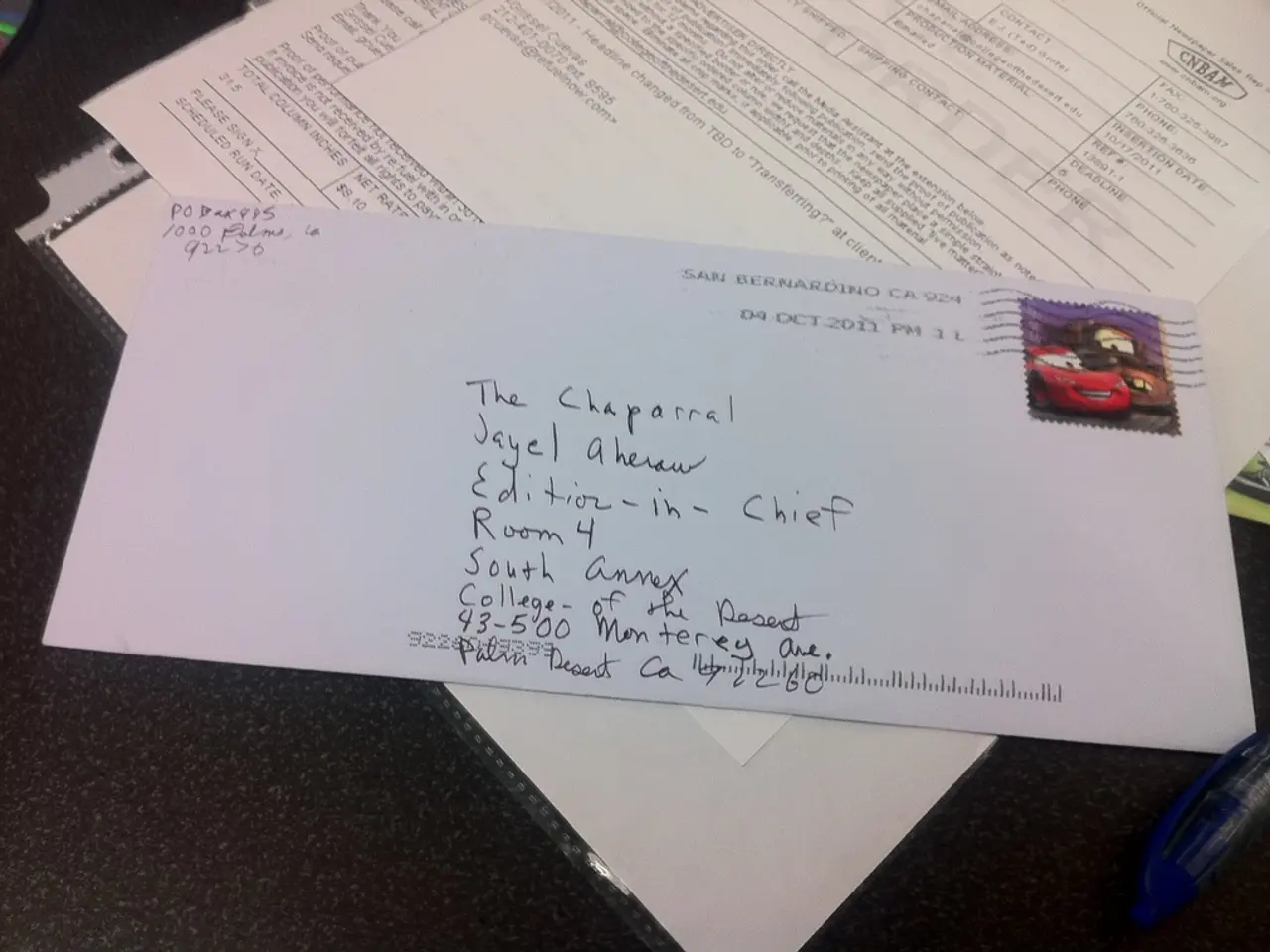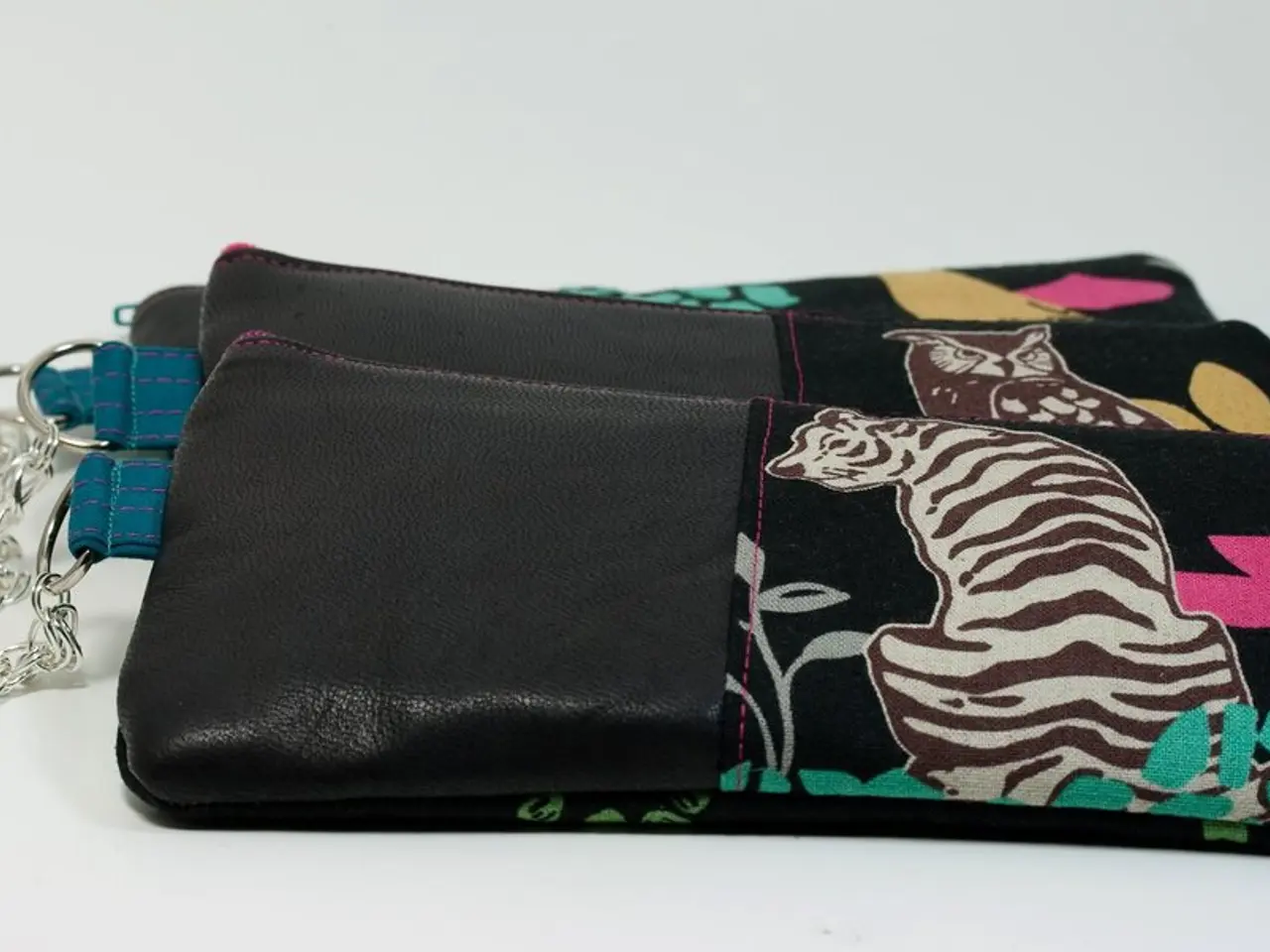SeatGeek Submits Secretive IPO Papers a Year After the Fall of Its SPAC Agreement
SeatGeek, the mobile-first ticketing platform founded in 2009, has taken a unique approach to going public. The company, which has investors including sports stars like Eli and Peyton Manning, Carmelo Anthony, and the rapper Nas, recently filed confidential IPO documents with the SEC. This process, introduced in 2012, offers companies of any size more privacy and flexibility in timing.
The confidential IPO process has its advantages. Companies can submit their registration documents confidentially to the SEC, delaying detailed public disclosures until closer to pricing. This avoids early public and media scrutiny and helps protect sensitive information from competitors or activists during the formative IPO stage.
SeatGeek's confidential filing allowed the company to manage disclosure risks and market timing more efficiently. However, it also meant investors had less early access to detailed information until the filing was made public near the actual offering.
Greater control and flexibility are other advantages of a confidential IPO. The company has more time to respond to SEC comments and market conditions without public pressure or premature volatility. Potentially, this could lead to a faster adjustment and pricing of the IPO.
However, the confidential IPO process also has its limitations. Investors, analysts, and the market get less early access to information, which can reduce pre-IPO investor enthusiasm or price discovery. The company cannot gauge market interest as fully in the confidential stage, possibly impacting outreach and pricing strategies. Additionally, traditional IPOs often leverage public filings to build hype and brand awareness, which a confidential IPO defers.
SeatGeek's decision to go for a confidential IPO comes at a time when the market turned against Special Purpose Acquisition Companies (SPACs) around the time SeatGeek's deal with RedBall Acquisition Corp. was called off. The decision to call off the deal was mutual.
SeatGeek's business originally centered around secondary sales, but it now advocates for open ticketing networks. The company has deals across all five major U.S. leagues and major European soccer. In 2021, SeatGeek reported revenue of $186.3 million, a significant increase from its 2020 revenue of $33.2 million and 2019 revenue of $142.2 million.
Investors in the latest funding round include Accel, Arctos Sports Partners, Wellington Management, and Ryan Smith, the Utah Jazz owner. The confidential IPO does not indicate a rush to go public. Instead, it suggests a strategic move to balance control and confidentiality with reduced early investor visibility and publicity.
SeatGeek's push towards technology is not limited to ticketing. The company is also focusing on assisting teams with broader fan experiences. As SeatGeek navigates the IPO process, it continues to leverage its tech advantage to revolutionise the ticketing industry and enhance fan experiences.
Technology plays a significant role in SeatGeek's approach to sports and business. Furthermore, the company's decision to opt for a confidential IPO demonstrates their strategic use of technology in managing disclosure risks and market timing.
Investors and analysts may have limited early access to detailed information due to the confidential IPO process, which could potentially affect pre-IPO investor enthusiasm or price discovery. However, SeatGeek continues to use technology to enhance fan experiences beyond ticketing, positioning itself as a tech-driven firm revolutionizing the ticketing industry.




